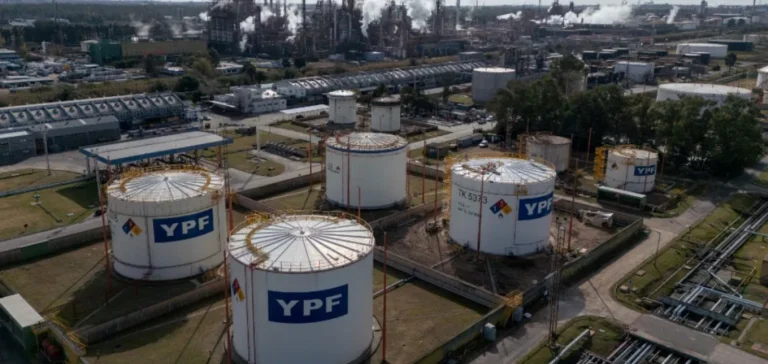A U.S. federal appeals court is reviewing Argentina’s request to overturn a 2023 ruling that ordered the country to pay $16.1bn to two former shareholders of Yacimientos Petrolíferos Fiscales (YPF), the Argentine oil company. The case dates back to the 2012 expropriation of 51% of YPF’s capital, when Buenos Aires took control of the company — then majority-owned by Spain’s Repsol — without repurchasing the remaining shares from minority shareholders.
Financial pressure on the Argentine state
The contested ruling was issued by Judge Loretta Preska of the U.S. District Court in New York. She found that Argentina had breached its obligations to Petersen Energía Inversora and Eton Park Capital Management, the second and third largest YPF shareholders at the time. The awarded amount includes $8.43bn in direct damages and $7.67bn in pre-judgment interest calculated at an 8% rate.
Sovereignty and international law arguments
Argentina argues in its appeal that the case should not be heard in the United States and that no waiver of sovereign immunity was given. The government also disputes the damage calculations, saying the amount represents 45% of its national budget for 2024. Argentina claims Judge Preska misapplied Argentine law and calls for recognition of international comity to justify dismissal of the case.
A political and fiscal issue for Buenos Aires
President Javier Milei, who took office in December 2023, has implemented austerity measures and public spending cuts. His administration warns that complying with the judgment could compromise the first budget surplus in 14 years. Amid continued economic pressure, the prospect of such a large payout is considered unsustainable by Buenos Aires, which is also appealing a separate order to transfer YPF shares.
Years of shareholder litigation
Petersen and Eton Park argue that Argentina failed to meet its obligations by not launching a public offer to minority shareholders at the time of expropriation. They accuse the state of delaying the process for over a decade and claim that U.S. courts have jurisdiction to rule on the matter. A decision by the appeals court is expected in the coming months, though no timeline has been set.






















